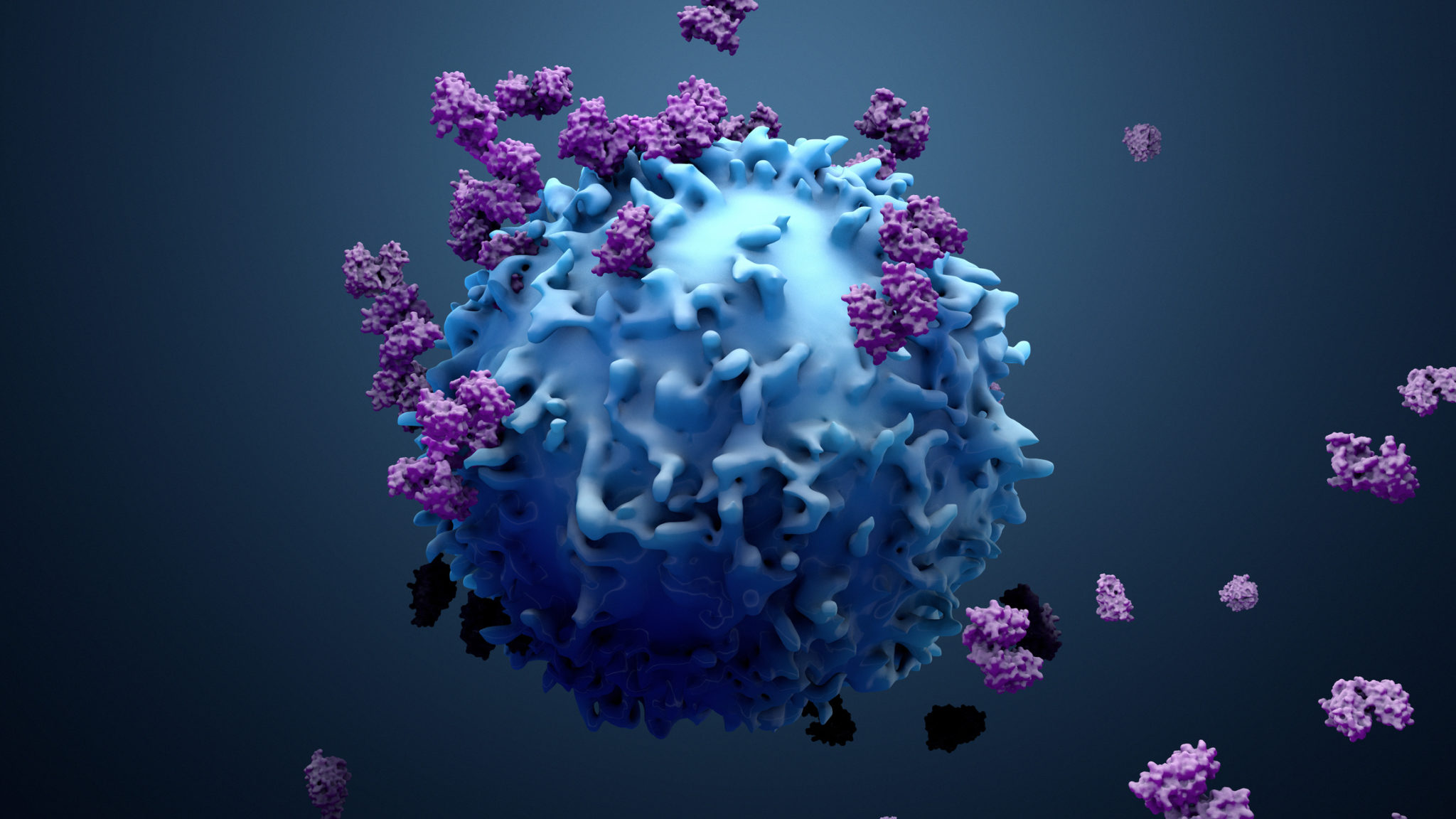Scientists have found that CAR-T therapy, a risky treatment for cancer that replaces a patient’s immune system with an artificially enhanced substitute, can be modified to treat autoimmune diseases. The researchers used messenger RNA (mRNA) instead of modifying the DNA in a T-cell’s nucleus, which allows the therapy to be temporary rather than permanent. This eliminates the need to destroy a patient’s existing T-cells to make room for the modified ones. The modified T-cells were found to be safe and well-tolerated in 12 patients with autoimmune diseases, with eight experiencing meaningful decreases in the severity of their illnesses. The findings suggest that CAR-T therapy may have wider applications beyond cancer treatment.
A risky cancer treatment can be modified to treat immune diseases

- The study, which was published in the journal Science, marks a significant step forward in the development of CAR-T therapy as a potential treatment for autoimmune diseases, which affect millions of people worldwide.
- CAR-T therapy involves extracting T-cells from a patient’s blood and modifying them to recognize and attack cancer cells. The modified T-cells are then infused back into the patient’s bloodstream, where they seek out and destroy cancer cells.
- However, the permanent nature of the modification process has limited the use of CAR-T therapy to certain types of cancer and has raised concerns about potential long-term side effects.
- The use of mRNA in place of DNA modification offers a promising solution to these limitations, as it allows for a more controlled and temporary modification of T-cells that can be tailored to specific diseases.
- The researchers note that further studies are needed to determine the long-term safety and efficacy of the modified CAR-T therapy, but the early results are encouraging and suggest that this approach could revolutionize the treatment of autoimmune diseases.
- The study also highlights the potential of mRNA technology in the development of new therapies for a wide range of diseases, including cancer, infectious diseases, and genetic disorders.
Must read: Four Connecticut Residents Test Positive for Powassan Virus
What People are Getting Wrong this Week: COVID Vaccine Conspiracies










Leave a Reply